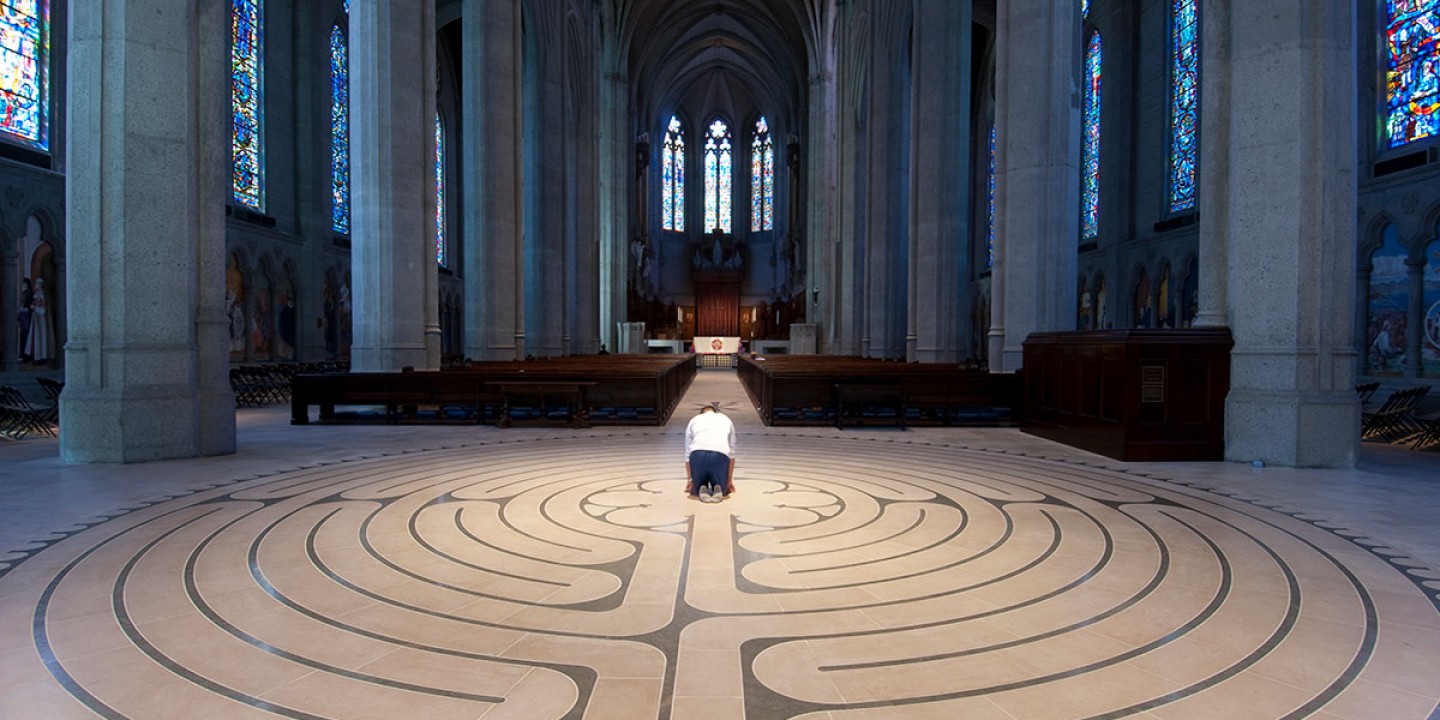
For a couple of summers during high school, I sprayed insecticide for a mosquito abatement company. The days were long and unglamorous, and most included the breathing in of what had to be unhealthy doses of chemical fog. My buddy and I would reward our exhausted selves by goofing around after hours and doing any number of foolish things. One less-than-innocent prank involved tailgating cars in residential neighborhoods, flipping on the yellow oscillating signal lights atop the cab of our truck, and then laughing as drivers anxiously pulled over while we sped off.
I don’t mean to suggest that my life as a teenager was unusually errant or unfocused. Pranks hardly constitute a directionless existence. But it doesn’t take much to turn the symphony of a God-created life into ugly music. I think of the Princeton student who took a vinyl record of a Beethoven sonata and, as an experiment, bored a hole a half an inch off-center. When he played the LP, the beautiful music suddenly sounded like a clowder of wheezing cats.
Read our latest issue or browse back issues.
We all know what it feels like to be off-center even the tiniest bit. A joke we think is hilarious doesn’t carry well in the setting where we tell it. We dress excitedly for an event only to realize, upon looking at the other attendees, that we underdressed or overdressed. We speak what we believe is an encouraging word to someone who doesn’t hear it that way at all. Sometimes we’re just a tad off center, and the music of our lives ends up sounding chaotic.
In his 1943 book On Being a Real Person, Harry Emerson Fosdick describes what it’s like to live with a “loss of centrality.” A scattered individual lacks wholeness and consistency. Multiple selves compete for attention within. Internal fragmentation makes for no serenity. “The fundamental sin of our being,” he writes, “is to be chaotic and unfocused. . . . The primary command of our being is to ‘get yourself together.’”
We can argue with the theological details of Fosdick’s claims, but the basic point stands: for life to be good and beautiful and true, we have to find a way to make God central to our lives, not peripheral. God wants to be central to the ways we think, act, speak, and purchase. There’s a reason why the tree of knowledge of good and evil is in the center or middle of the garden. There’s a reason why the Israelites made frequent pilgrimages to Jerusalem, where the temple was at the center. God has zero interest in being relegated to the outer edges of our lives.
We have no evidence that God seeks to be first among multiple priorities. The word priority has been in the English language for at least 600 years, and for most of that time it meant simply the very first or prior thing. Only in the last 80 or so years have we pluralized it to priorities. The suggestion that we can have multiple first things may actually indicate that nothing ends up being our priority. To speak of a “top priority” only serves to confuse.
When Jesus asks his friend Martha to move from “many things” to the “one necessary thing,” we understand the undistracted and inwardly coherent life he must be after—a life that makes beautiful music because it has a center, a center that is most certainly God.
A version of this article appears in the print edition under the title “At the center.”







